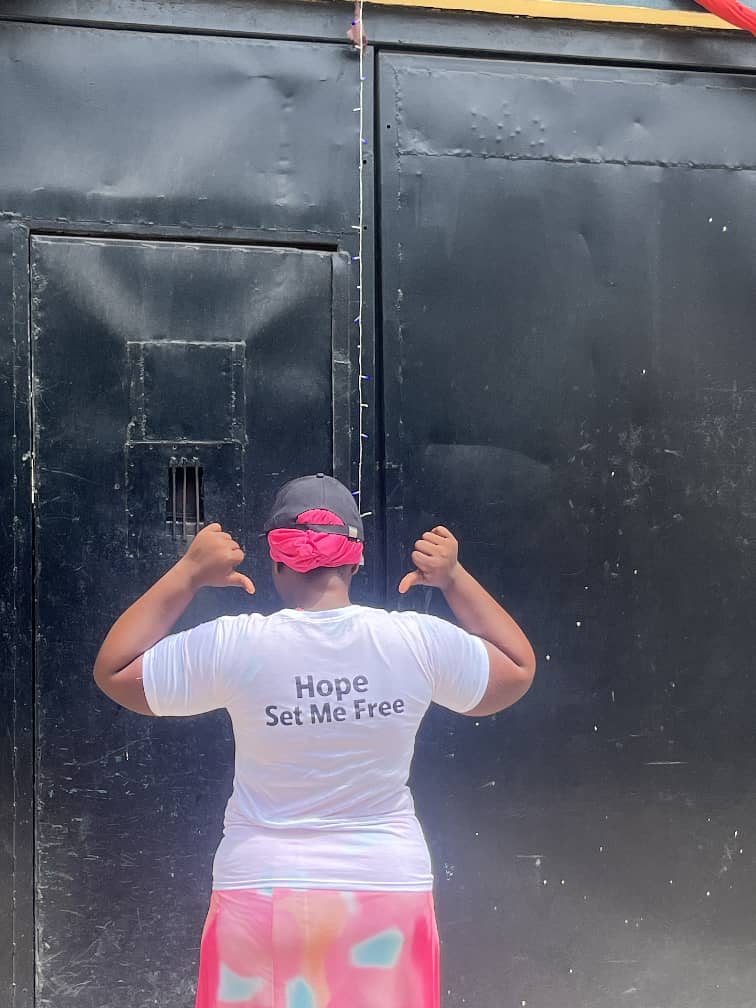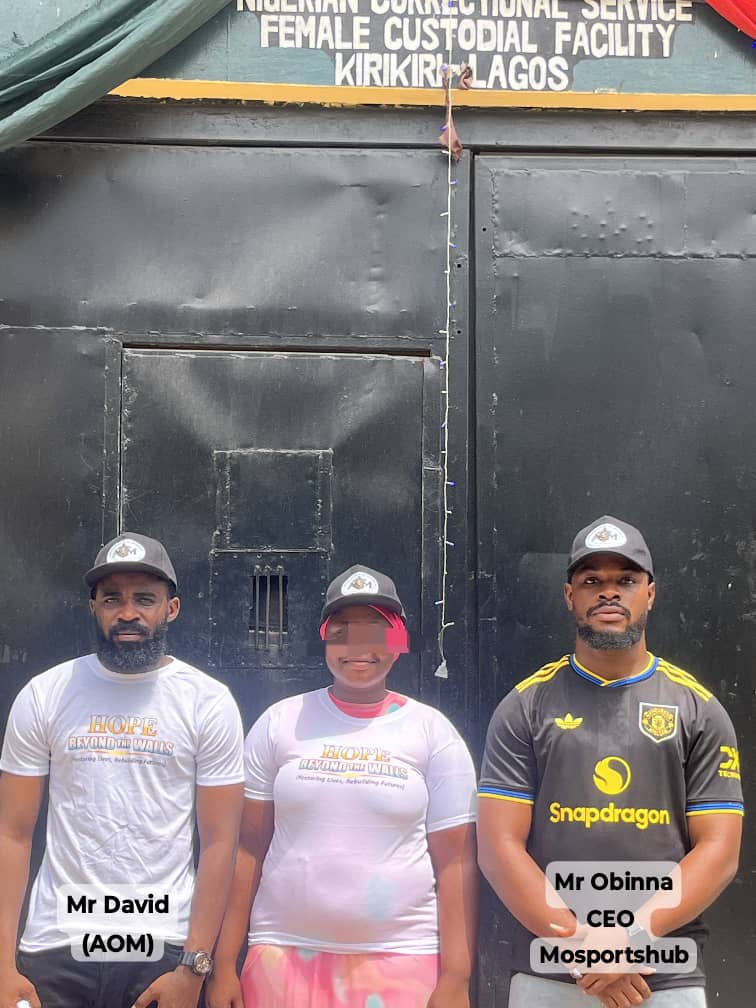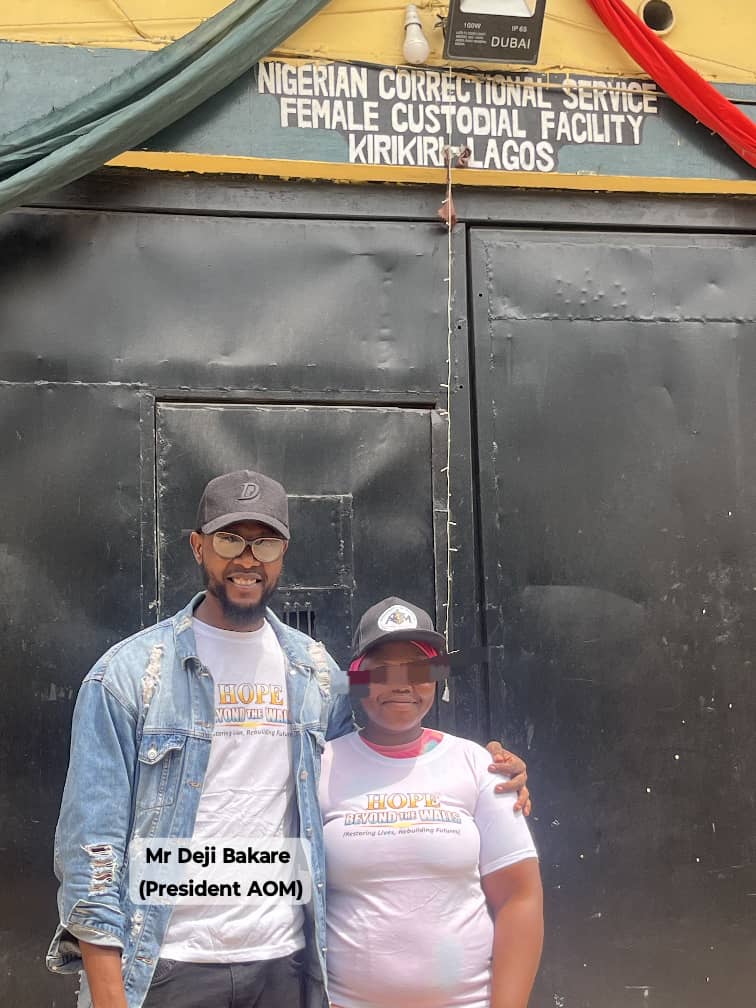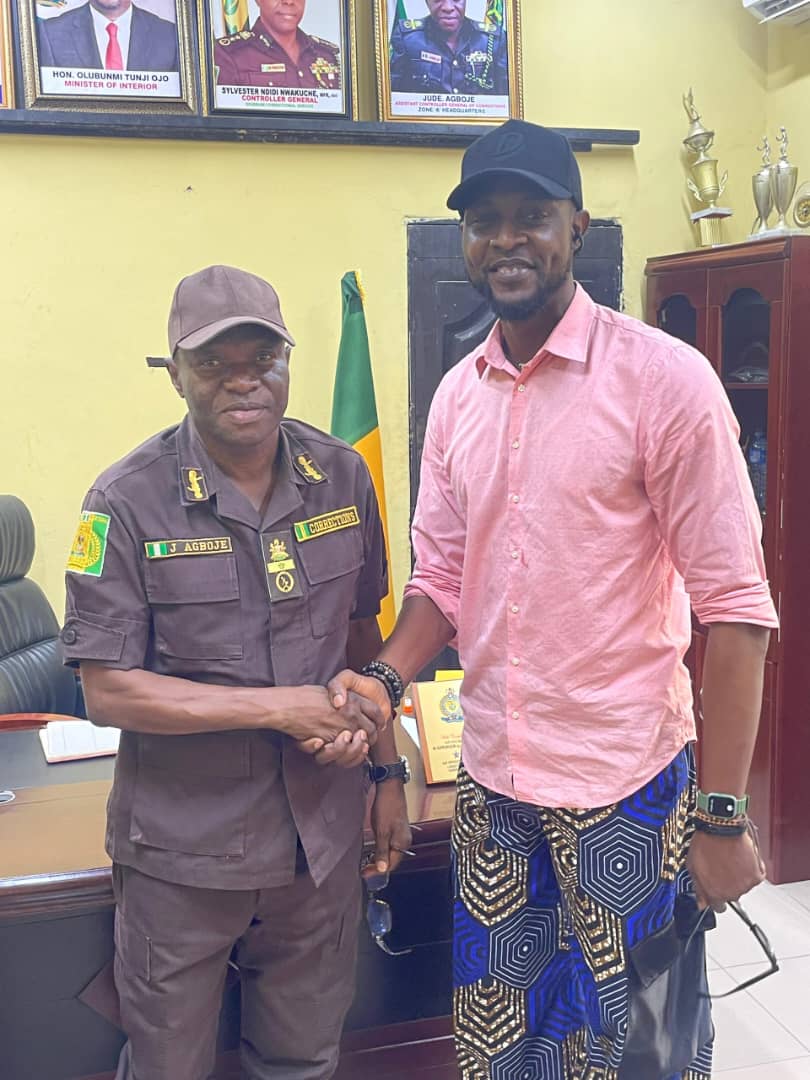society
My Money Mistake: How I Gambled With Money For My Wedding

My Money Mistake: How I Gambled With Money For My Wedding
My money mistake is a weekly PiggyVest series that explores the worst money mistakes real Nigerians have made, and the lessons they learned from them.
For this week’s episode of My Money Mistake, we spoke to a 36-year-old electrical engineer who used to have a gambling addiction. He tells us how he funded his hobby, and why he used his wedding funds to bet just weeks before the ceremony.
Could you tell me your money mistake?
In April 2015, I accompanied a friend to a place where he plays Lotto. That morning, he used ₦50 to win ₦12,000. It happened right in front of me. He won two more games that day. That success prompted me to give betting a try. Slowly, it became a habit, and I ended up taking funds from places I shouldn’t to finance it. On one occasion, I took funds from the church I served as a treasurer to place a stake.
Ah. Did you ever win any money?
I did. That day, I spent ₦10,000 before I got my first winning game. My first win was ₦2,400, then I made ₦1,000 and, after that, I won ₦12,000. That was what kept me hooked.
You mentioned using church funds to play this game. How did that happen?
My betting buddy told me there was a sure game to bet on. Initially, I told him I didn’t have money, but he kept pushing, reassuring me that the game was sure. I didn’t have money with me, but I had ₦50,000 from the church. When I told him, he calculated my potential winnings. It was ₦1,000,000.
Did you win?
No, I didn’t. This happened on a Friday, in October 2019, and we were to hold meetings in church on Sunday, where I was supposed to give an account of the funds. That Sunday, at the meeting, I was informed that the money was needed to acquire something. It was a really embarrassing situation.
How did you sort it out?
I lied. I said I used the money to order something online. I’d sell it and pay the money back. But I couldn’t pay that money until the next year. It was difficult to pull funds due to the financial stress of the lockdown. This was back when people were looking for food to eat and the little money I had went into managing my household.
Is that when you decided to stop?
No. I quit in December 2019, after I took some money that I was saving for my wedding. That was over ₦100,000. I ended up losing everything. This happened days before the wedding.
Wow. How did this affect your marriage ceremony?
Thankfully in Nigeria, marriage doesn’t end in a day. While trying to fulfill the marriage rites and payments, I let my in-laws know that I would pay the balance when I had the money. I haven’t been able to pay it yet and the balance is about ₦800,000.
Ah. How did you end up spending over N100K in such a short period on this game?
In a day, we could end up playing multiple times, spending about ₦1,000 for each game (and you can play about seven games). When you play a game and it doesn’t work, you think the next one will and so on and so on. You can end up spending ₦12,000 in one day. I was spending nothing less than ₦48,000 in a week.
Ah!
Yes. And I never told my wife, even after we had fixed a date for the ceremony. I just kept telling her to hold on because money was coming, while using money that I ought to have given her for the preparations to play this game. When I couldn’t deliver on the day of the ceremony, I told her that a customer was owing me. But, I had lost ₦100,000.
Did you win anything with this money?
Yes. I won about ₦40,000 from the first game, then I used all of the winnings to stake in another game, where I won ₦230,000. That was what kept me playing, but I never won after that. Eventually, I just had to stop.
Why did you go on for so long?
Peer pressure. I could stake ₦10 and win about ₦2,400, then someone else would use N1,000 to play that same game and win ₦200,000, prompting me to raise my stake.
And then there was this trend common in the area I stayed. You’d meet a mad man, who would give you random numbers to play and you would win big. That was before it turned into a popular scam to get gamblers to buy things for them. Mad men were lying and making people stake huge sums of money believing it would work.
AHN AHN!! Did these numbers work and did you ever collect numbers from a mad man?
Yes, sometimes it did. During my earlier days of playing I did meet a mad man, but it never worked for me.
Oh wow. If you could give an estimate, how much do you think you lost to gambling?
I’d say over ₦600,000 and my total winning isn’t up to half of that. Sometimes I’d win and end up using all of it to stake another game only to lose it all or win really small.
What’s your biggest lesson from this?
I learnt that gambling can be addictive. There were times when it felt like if I didn’t play in a day, something bad would happen. It can also take a toll on your health. I developed high blood pressure just trying to settle debts and ease the pressure from my wife back when we were still planning the wedding. My advice is to never gamble.
society
Tinubu Mourns Rear Admiral Musa Katagum: A National Loss for Nigeria’s Military Leadership

Tinubu Mourns Rear Admiral Musa Katagum: A National Loss for Nigeria’s Military Leadership
By George Omagbemi Sylvester | Published by SaharaWeeklyNG
“President Tinubu Pays Tribute as Nigeria’s Naval Command Mourns the Sudden Loss of a Strategic Maritime Leader at a Critical Security Juncture.”
Abuja, Nigeria – President Bola Ahmed Tinubu has officially mourned the death of Rear Admiral Musa Bello Katagum, the Chief of Naval Operations of the Nigerian Navy, who died on February 19, 2026, after a protracted illness while receiving treatment abroad. His passing has sent ripples through Nigeria’s defence establishment and national security architecture, marking the loss of one of the most experienced and respected maritime commanders in recent memory.
In a statement released on February 20, 2026 by his Special Adviser on Information and Strategy, Bayo Onanuga, President Tinubu described Rear Admiral Katagum’s death as a “significant blow to the military and the nation,” noting the late officer’s vast experience and “invaluable contributions” to both the Nigerian Navy and the broader “Armed Forces of Nigeria”. The President extended heartfelt condolences to the bereaved family, naval personnel and the nation at large, while praying for solace and strength for colleagues and loved ones.
Rear Admiral Katagum’s career was marked by distinguished service in several strategic capacities. Before his appointment as Chief of Naval Operations in November 2025, he served as Director of the Presidential Communication, Command and Control Centre (PC4) and Chief of Intelligence of the Nigerian Navy-roles that placed him at the nexus of naval operational planning and intelligence gathering. His leadership was widely credited with enhancing the Navy’s capacity to respond to growing maritime threats in the Gulf of Guinea, including piracy, illegal bunkering, and transnational crime.
Security policy experts emphasise that Katagum’s loss comes at a critical juncture for Nigeria. Dr. Adebola Akinpelu, a defence analyst at the Institute for Security Studies, observes that “Nigeria’s maritime domain remains a frontline in the broader security challenges facing the nation; the loss of an adept operational leader like Rear Admiral Katagum is not just a personnel change but a strategic setback.” His insight reflects broader concerns about continuity in military leadership amid intensifying threats.
The Nigerian Navy’s own statement, confirmed by the Directorate of Naval Information, affirmed that Katagum’s “exemplary leadership, strategic insight, and unwavering loyalty” were central to boosting operational readiness and national defence. According to Captain Abiodun Folorunsho, the Director of Naval Information, “His legacy remains a source of inspiration across the services.”
As Nigeria grapples with complex security landscapes at its land and maritime frontiers, the death of Rear Admiral Katagum underscores a broader national imperative: strengthening institutional capacities while honouring the service and sacrifice of those who defend the nation’s sovereignty. In the words of military scholar Professor James Okoye, “Leadership in security institutions is not easily replaceable; it is built through experience, trust and strategic clarity; qualities that Katagum embodied.”
Rear Admiral Musa Katagum has since been laid to rest in accordance with Islamic rites, leaving behind a legacy that will inform Nigerian naval operations for years to come.
society
Viral “Chat With God” Claim Targeting Kenyan Prophet David Owuor Proven False
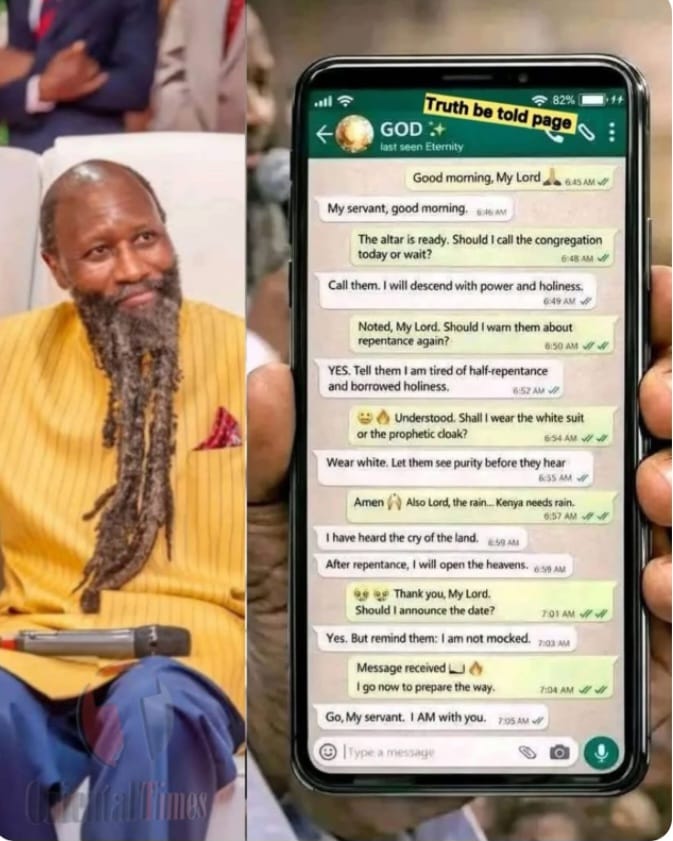
Viral “Chat With God” Claim Targeting Kenyan Prophet David Owuor Proven False
By George Omagbemi Sylvester, SaharaWeeklyNG
“Viral screenshot sparks national controversy as the Ministry of Repentance and Holiness dismisses fabricated “divine” WhatsApp exchange, raising urgent questions about faith, digital misinformation, and religious accountability in Kenya.”
A sensational social media claim that Kenyan evangelist Prophet Dr. David Owuor displayed a WhatsApp conversation between himself and God has been definitively debunked as misinformation, sparking national debate over digital misinformation, religious authority and faith-based claims in Kenya.
On February 18–19, 2026, an image purporting to show a WhatsApp exchange between a deity and Prophet Owuor circulated widely on Twitter, Facebook, WhatsApp groups and TikTok. The screenshot, allegedly shared during one of his sermons, was interpreted by many as illustrating unprecedented direct communication with the divine delivered through a mainstream messaging platform; a claim that, if true, would have broken new ground in how religious revelation is understood in contemporary society.
However, this narrative quickly unraveled. Owuor’s Ministry of Repentance and Holiness issued an unequivocal public statement calling the image “fabricated, baseless and malicious,” emphasizing that he has never communicated with God through WhatsApp and has not displayed any such digital conversation to congregants. The ministry urged the public and believers to disregard and stop sharing the image.
Independent analysis of the screenshot further undermined its credibility: timestamps in the image were internally inconsistent and the so-called exchange contained chronological impossibilities; clear indicators of digital fabrication rather than an authentic conversation.
This hoax coincides with rising scrutiny of Owuor’s ministry. Earlier in February 2026, national broadcaster TV47 aired an investigative report titled “Divine or Deceptive”, which examined alleged “miracle healing” claims associated with Owuor’s crusades, including assertions of curing HIV and other chronic illnesses. Portions of that investigation suggested some medical documentation linked to followers’ health outcomes were fraudulent or misleading, intensifying debate over the intersection of faith and public health.
Credible faith leaders have weighed in on the broader context. Elias Otieno, chairperson of the National Council of Churches of Kenya (NCCK), recently urged that “no religious leader should replace God or undermine medicine,” affirming a widely accepted Christian understanding that divine healing does not supplant established medical practice. He warned against unverified miracle claims that may endanger lives if believers forego medical treatment.
Renowned communications scholar Professor Pippa Norris has noted that in digital societies, “religious authority is increasingly contested in the public sphere,” and misinformation (intentional or accidental) can quickly erode trust in both religious and secular institutions. Such dynamics underscore the importance of rigorous fact-checking and responsible communication, especially when claims intersect profoundly with personal belief and public well-being.
In sum, the viral WhatsApp chat narrative was not a revelation from the divine but a striking example of how misinformation can exploit reverence for religious figures. Owuor’s swift repudiation of the false claim and broader commentary from established church bodies, underline the ongoing challenge of balancing deeply personal faith experiences with the evidence-based scrutiny necessary in a digitally connected world.
society
HOPE BEYOND THE WALLS 2026: ASSOCIATION OF MODELS SUCCESSFULLY SECURES RELEASE OF AN INMATE, CALLS FOR CONTINUED SUPPORT

HOPE BEYOND THE WALLS 2026: ASSOCIATION OF MODELS SUCCESSFULLY SECURES RELEASE OF AN INMATE, CALLS FOR CONTINUED SUPPORT
The Association of Models (AOMNGO) proudly announces the successful completion of the first edition of Hope Beyond the Walls 2026, a humanitarian initiative dedicated to restoring hope and freedom to deserving inmates.
Despite enormous challenges, financial pressure, emotional strain, and operational stress, the organization remained committed to its mission. Through perseverance, faith, and collective support, one inmate has successfully regained freedom a powerful reminder that hope is stronger than circumstance.
This milestone did not come easily.
Behind the scenes were weeks of coordination, advocacy, fundraising, documentation, and intense engagement. There were moments of uncertainty, but the determination to give someone a second chance kept the vision alive.
Today, the Association of Models gives heartfelt appreciation to all partners and sponsors, both locally and internationally, who stood with us mentally, financially, morally, and physically.
Special Recognition and Appreciation To:
Correctional Service Zonal Headquarters Zone A Ikoyi
Esan Dele
Ololade Bakare
Ify
Kweme
Taiwo & Kehinde Solagbade
Segun
Mr David Olayiwola
Mr David Alabi
PPF Zion International
OlasGlam International
Razor
Mr Obinna
Mr Dele Bakare (VOB International)
Tawio Bakare
Kehinde Bakare
Hannah Bakare
Mrs Doyin Adeyemi
Shade Daniel
Mr Seyi United States
Toxan Global Enterprises Prison
Adeleke Otejo
Favour
Yetty Mama
Loko Tobi Jeannette
MOSES OLUWATOSIN OKIKIADE
Moses Okikiade
(Provenience Enterprise)
We also acknowledge the numerous businesses and private supporters whose names may not be individually mentioned but whose contributions were instrumental in achieving this success.
Your generosity made freedom possible.
A CALL TO ACTION
Hope Beyond the Walls is not a one-time event. It is a movement.
There are still many deserving inmates waiting for a second chance individuals who simply need financial assistance, legal support, and advocacy to reunite with their families and rebuild their lives.
The Association of Models is therefore calling on:
Corporate organizations
Local and international sponsors
Philanthropists
Faith-based organizations
Community leaders
Individuals with a heart for impact
to partner with us.
Our vision is clear:
To secure the release of inmates regularly monthly, quarterly, or during special intervention periods through structured support and transparent collaboration.
HOW TO SUPPORT
Interested partners and supporters can reach out via
Social Media: Official Handles Hope In Motion
Donations and sponsorship inquiries are welcome.
Together, we can turn difficult stories into testimonies of restoration.
ABOUT AOMNGO
The Association of Models (AOMNGO) is a humanitarian driven organization committed to advocacy, empowerment, and social impact. Through projects like Hope Beyond the Walls, the organization works tirelessly to restore dignity and create opportunities for individuals seeking a second chance.
“When we come together, walls fall and hope rises.”
For media interviews, partnerships, and sponsorship discussions, please contact the Association of Models directly.
-

 celebrity radar - gossips6 months ago
celebrity radar - gossips6 months agoWhy Babangida’s Hilltop Home Became Nigeria’s Political “Mecca”
-

 society6 months ago
society6 months agoPower is a Loan, Not a Possession: The Sacred Duty of Planting People
-

 society5 months ago
society5 months agoReligion: Africa’s Oldest Weapon of Enslavement and the Forgotten Truth
-

 news6 months ago
news6 months agoTHE APPOINTMENT OF WASIU AYINDE BY THE FEDERAL GOVERNMENT AS AN AMBASSADOR SOUNDS EMBARRASSING









